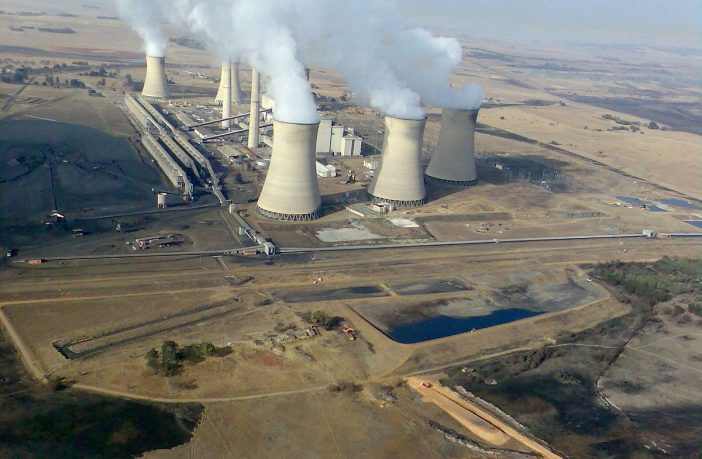- Standard Bank Group has published its Fossil Fuels Financing Policy as part of its efforts to improve its management of environmental, social and governance (ESG) risks, and contribute to the sustainable development of Africa.
- This follows the adoption in 2019 of policies on lending to Coal-fired power projects and Coal-mining operations specifically.
These include compliance with the Equator Principles, International Finance Corporation’s (IFC) Performance Standards and the World Bank’s Environmental, Health, and Safety Guidelines.
Related news: Standard Bank: we will not be dictated to by climate change activists groups
In the case of oil and gas activities, the bank will only provide financial products and services to clients that commit to minimising or reducing their greenhouse gas emissions, and that have implemented oil spill preparedness and response plans, for instance.
Among other requirements, the project owner would also need to provide updates on its performance related to water use, waste generation, energy consumption, and greenhouse gas emissions.
Related news: South Africa’s Witbank has the worlds dirtiest air
As a founding signatory of the UN Principles for Responsible Banking, Standard Bank Group is committed to balancing the challenges posed by climate change with the need to support access to reliable and affordable energy that enables inclusive economic growth across Africa.
“The publication of our Fossil Fuels Financing Policy is another important step forward for Standard Bank. We are fully aware that climate change is a material risk to our ability to generate value for all stakeholders over time, and to our purpose of driving sustainable development across the continent,” says Wendy Dobson, Head of Group Corporate Citizenship at Standard Bank.
Standard Bank believes that the transition to a lower-carbon economy should be just and fair to developing countries, and to affected stakeholders. The Paris Agreement recognises that this transition will take longer in developing countries, especially in Africa, where access to reliable and affordable energy continues to constrain socio-economic development.
The publication of the Fossil Fuels Financing Policy follows the release of the group’s first climate-related financial disclosure report, which is aligned to the principles and recommendations of the global Task Force on Climate-related Financial Disclosures (TCFD).
Standard Bank’s energy finance portfolio is increasingly focused on renewable energy projects. Since 2012, 85% of the bank’s energy lending has been to green energy projects.
“We continue to engage with our clients to find solutions that enable them to understand and manage their climate risks, adopt good ESG risk practices, and grow their businesses sustainably,” says Kenny Fihla, Chief Executive: Corporate and Investment Banking at Standard Bank Group.
Read the full report HERE
Author: Bryan Groenendaal















